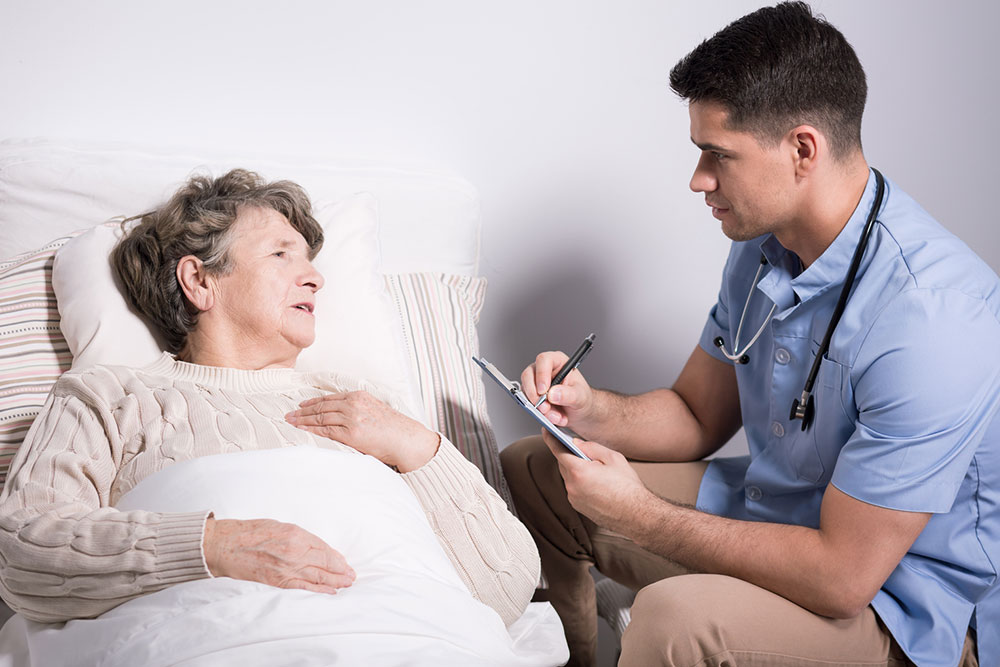Early Signs of Alzheimer Disease
Alzheimer’s disease is known to affect over 5 million people in the country as per research conducted by the Alzheimer’s Association. It is the most common form of dementia and results in the loss of memory and the degradation of other mental abilities that affect the quality of life. It is most common in adults aged 65 and above. Signs related to Alzheimer’s begin to appear slowly and gradually. The decline in memory and reasoning skills is typically slow but varies on a case-by-case basis.

- You might suffer from extreme mood swings. This includes feeling confused and depressed. You may also experience anxiety and fearfulness. These changes in moods are noticeable and you may feel irritated if something is not done according to plan or if the normal routine of your day is not abided by.
- Here is another sign of Alzheimer’s, if you suddenly do not enjoy social gatherings anymore then you might be experiencing a symptom of Alzheimer’s. You try to avoid common social events, hobbies or work projects that were once important to you. You try to withdraw from attending these events and prefer to stay at home.
- You may demonstrate poor judgment. You may make bad financial choices and end up donating large sums of money or buying something which you normally would not buy. You may also not care about your personal hygiene as much as you used to. This may include you not taking regular baths or changing your clothes on a daily basis. You might not care about certain things and make rash decisions to get it over with, without thinking twice about its consequences.
- People generally have a fixed place where they keep their belongings. If not, they generally know where they might keep their items of daily use. You may experience signs of Alzheimer’s if you have trouble remembering where you keep your belongings on a day-to-day basis. You might place them in unusual places and might not be able to track back to where you may have placed them. You might take what is not yours without knowing that you have done so. Your friends and family might think you are stealing but the truth is that you just do not remember or were disengaged while doing so.
- You may start saying something but mix your words up in between the conversation. You may say things which make no sense to others but you think that you are making perfect sense. You may skip topics on a regular basis and might be unable to track the thought process and remember where and how the conversation began.
- It is not safe to drive if you are suffering from Alzheimer’s. The disease may lead your vision to become blurry or degraded. You may have problems while reading or identifying objects. You may begin to have problems determining the colors of objects and judging distances.
- One of the first signs of the onset of the disease is a visible loss in memory. This may not appear to be so obvious at first. You might have trouble remembering things that were once at the tip of your fingers. You might begin to forget important dates and events. You might not remember your own birthday! You may be asked a question and forget what you were talking about, halfway through answering the question. You should see a doctor immediately if any of these signs of Alzheimer’s appears.
- You may have difficulty in completing tasks that were once normal to you. Driving might become an issue. You may get lost while driving. This is one of the most common signs. Alzheimer’s might also make it difficult for you to perform tasks that you once did on a daily basis.
- Planning a course of action can become extremely difficult. You may also experience difficulty working with numbers. Maintaining monthly bills or checkbooks can be an issue as well.
While there is no cure for the disease, early detection can help you improve your memory over time and aid in getting rid of sleeping difficulties. Alzheimer’s is not a consequence of age but tends to affect those aged 85 or above 50% more than an average person aged lesser. You may also get the disease if you have a family member suffering from it. The risk only increases if you have more than one family member suffering from the disease. There is no cure for the disease but research is being done to find better alternative treatment methods.